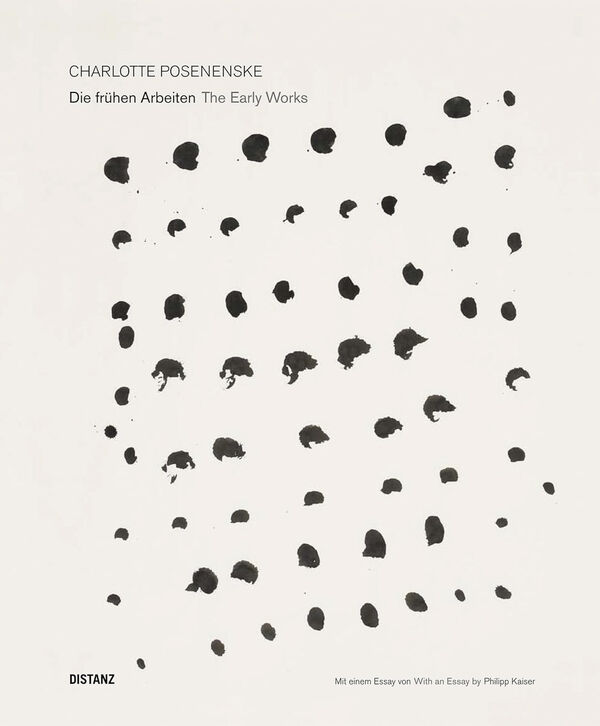Contact
art book cologne GmbH & Co. KG
Deutzer Freiheit 107
50679 Köln
Germany
Opening hours (office and showroom):
Monday to Friday 8 – 17
info@artbookcologne.de
Phone: +49 221 800 80 80
Fax: +49 221 800 80 82
About us
art book cologne, founded by Bernd Detsch in 1997, is a wholesale company and specializes in buying and selling high quality publications in art, art theory, architecture, design, photography, illustrated cultural history and all related subjects internationally. Our team includes specialists in art, culture, music, book trade and media but in spite of our diversity we have one common ground: the enthusiasm for unique art books.
We purchase remaining stocks from museums, publishers and art institutions. We sell these remainders to bookstores, museum shops, and art dealers all over the world.
Charlotte Posenenske
| Dealer Info | Trade discount 1 cpy. 30% | 2-3 cps. 35% | 4+ cps. 40% |
| Editor | Burkhard Brunn |
| Publisher | Distanz |
| Year | 2012 |
| Cover | Hardcover |
| Language | German, English |
| ISBN | 978-3-942405-80-5 |
| Pages | 128 |
| Weight | 1036 g |
| More | |
| Contributors | Philipp Kaiser, Burkhard Brunn |
| Article ID | art-67249 |
The worldwide interest in the work of Charlotte Posenenske (1930–1985) aroused by the celebrated rediscovery of her art at documenta 12 focuses primarily on the technoid objects that earned this minimalist conceptual artist her renown, with only occasional glances at her paintings—which are seen as preparatory studies. The time has come for a dedicated examination of these works. According to the artist’s own statements, her pictures drew inspiration from Cézanne, Mondrian, and El Lissitzky. Her reliefs constitute the seamless transition—though she saw it as a clear break—to the objects. Which artistic positions may have influenced the early grids, the floating structures, and the impulsiveness with which she flung paint on the canvas in the works she created using a palette knife? In which ways does her art bear similarities to the works of her contemporaries? These are some of the unanswered questions Philipp Kaiser’s essay begins to address.

